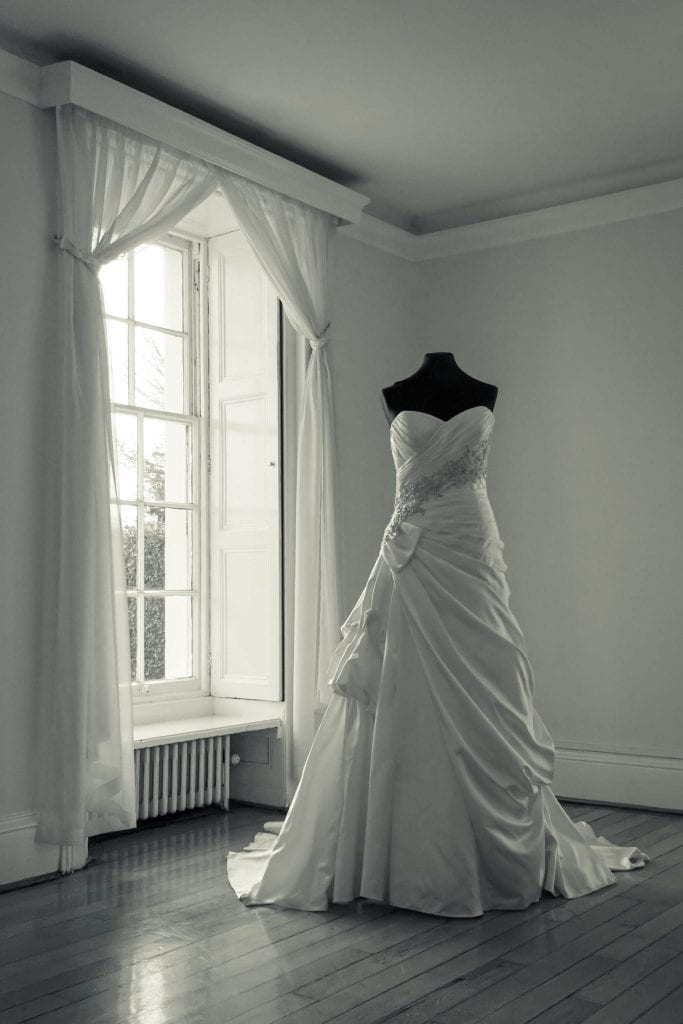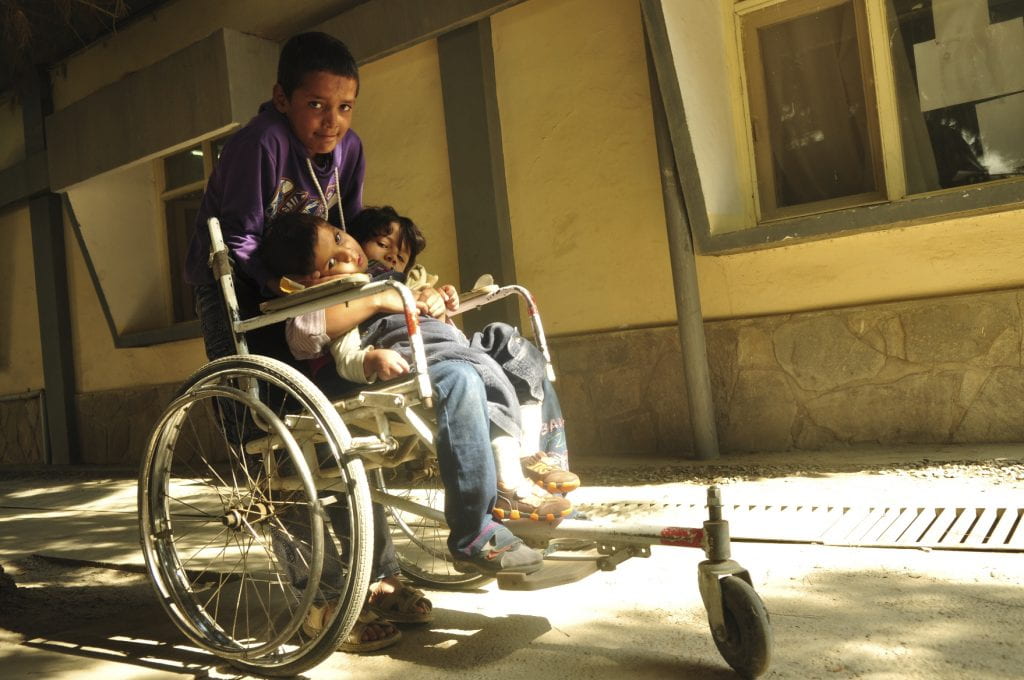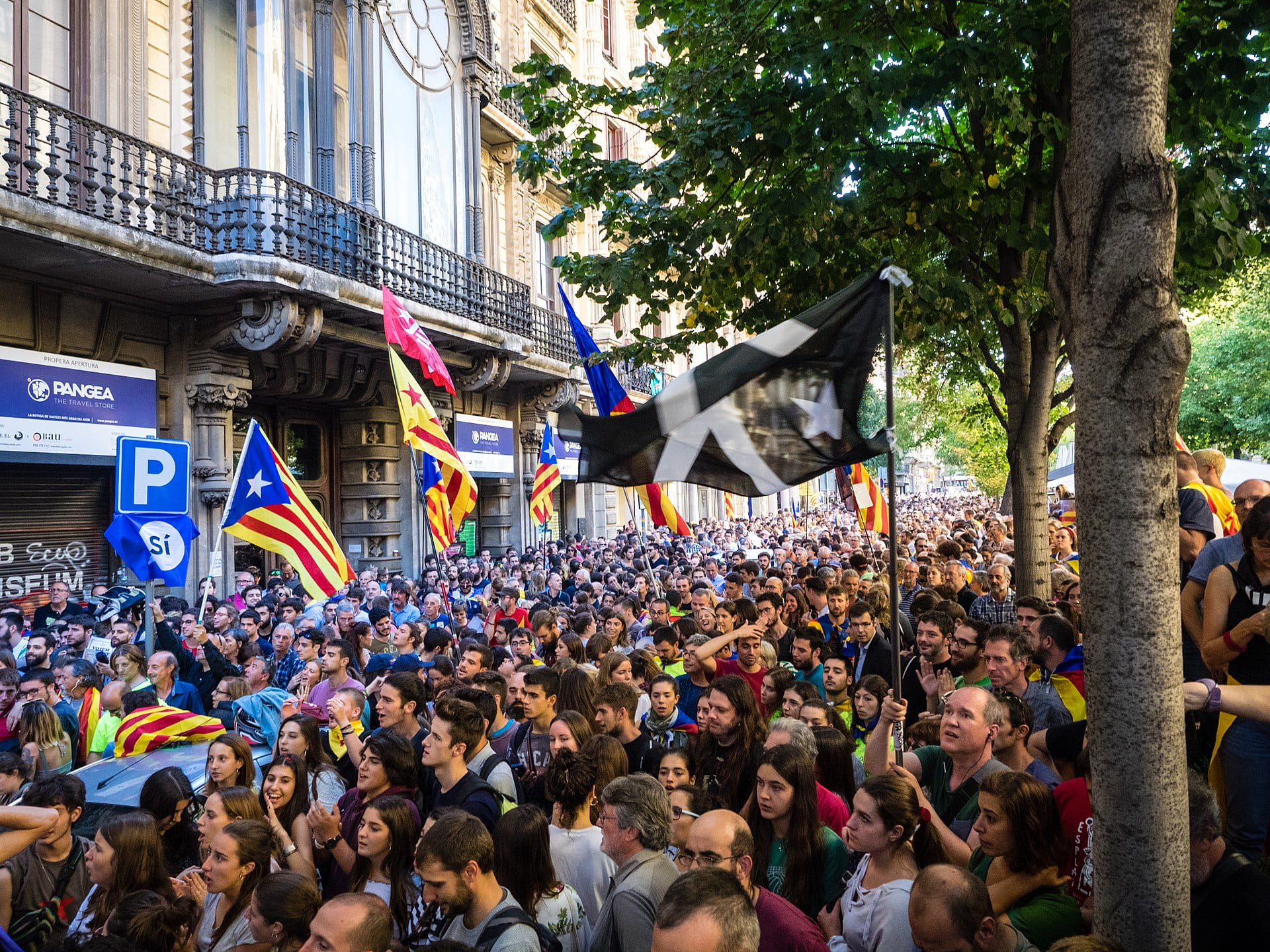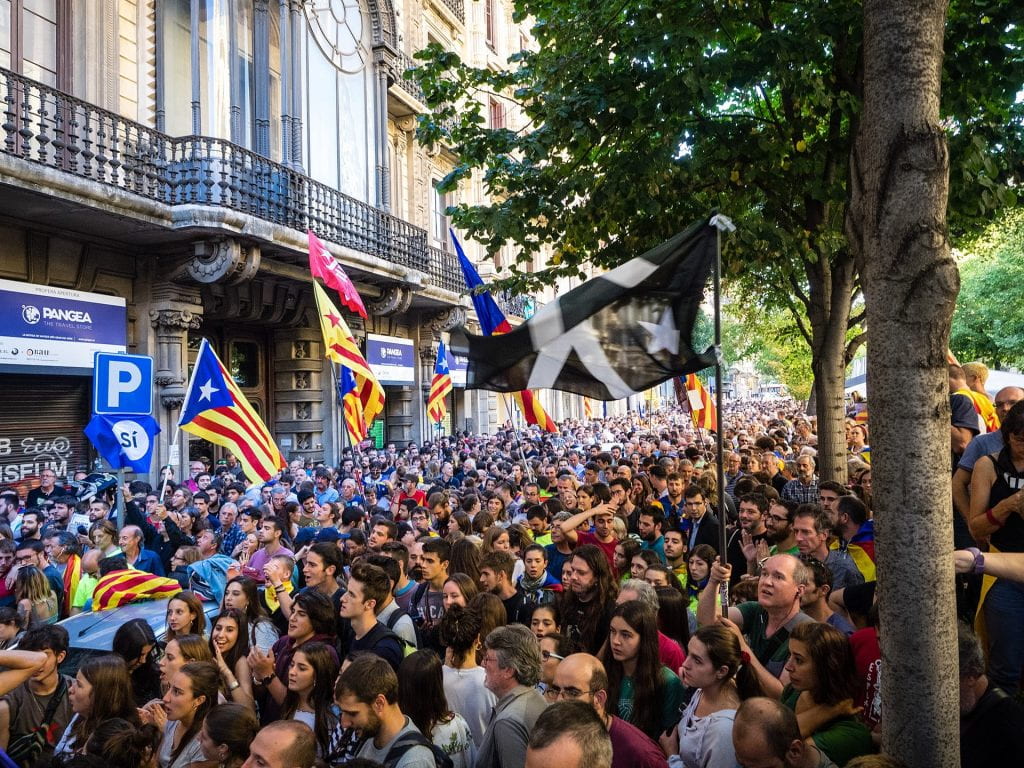In a world where people are expected to take responsibility for their health, the systems meant to support them too often stand in the way. Around the globe, and especially in the United States, access to essential medications is tightly controlled by prescription laws. These laws are often justified on the grounds of safety, but they also raise a pressing human rights concern: What happens when gatekeeping itself becomes a barrier to health, autonomy, and dignity?
This blog argues that prescription drug laws, as they currently function, too often violate the core principles enshrined in the Universal Declaration of Human Rights (UDHR). These include the right to a standard of living adequate for health and well-being (Article 25), the right to autonomy and freedom from arbitrary interference (Article 3 and 12), and the right to equal access to public services and protection (Article 21). By rethinking how access to medications is regulated, we can move toward a more equitable and compassionate model of care.
Prescription Control as a Barrier to Rights
At their best, prescription requirements aim to protect people from misuse, medical harm, and exploitation. But in practice, these laws create systemic barriers, particularly for marginalized communities, by requiring time, money, and proximity to healthcare providers simply to access medications that are safe, well understood, and often urgently needed.
This structure assumes that people cannot be trusted to manage their own care without professional oversight. But that assumption is increasingly at odds with both ethics and evidence. Many people understand the medications they rely on. They know the risks. Studies show that patients with chronic conditions often develop a high level of medication literacy and risk awareness through long-term use and counseling. And yet, they are asked to justify their needs to clinicians who may not share their urgency, or even their values. Prescription laws, in these cases, do more than inconvenience. They function as a form of medical disenfranchisement, denying individuals the right to act in their own best interest simply because they are not deemed qualified to make decisions for themselves.

In the United States, prescription requirements are enforced through a legal and regulatory structure that delegates authority over medication access to licensed healthcare providers. The system is primarily governed by the Federal Food, Drug, and Cosmetic Act (FDCA) of 1938, which granted the U.S. Food and Drug Administration (FDA) the authority to require certain drugs to be dispensed only by prescription. In 1951, the Durham-Humphrey Amendment formally distinguished between “prescription” (legend) drugs and over-the-counter (OTC) drugs, mandating that certain medications could only be obtained with the written authorization of a licensed practitioner.
Today, the FDA, along with the Drug Enforcement Administration (DEA) and state medical boards, determines which medications require prescriptions. These typically include:
- Drugs with a high potential for abuse or dependence, such as opioids
- Medications with significant side effects or narrow therapeutic windows, like warfarin or lithium
- A narrow therapeutic window (or therapeutic index) means there is a small range between a drug’s effective dose and its toxic dose, making precise dosing essential to avoid under-treatment or dangerous side effects
- Substances that require monitoring or diagnostic oversight, such as antidepressants, antibiotics, and hormonal therapies
For a medication to transition from prescription-only to OTC, the manufacturer must submit a New Drug Application (NDA) with evidence that average consumers can safely use the drug without a clinician’s supervision. This review process is lengthy, costly, and highly restrictive. Even well-established medications often remain prescription-only due to regulatory or political reasons, rather than clinical necessity. For example, the American College of Obstetricians and Gynecologists has advocated since 2012 for over-the-counter access to hormonal contraception due to its safety profile, yet access remains restricted in many states due to political and regulatory inertia.
While intended as safeguards, these laws impose significant barriers, especially for people in rural areas, uninsured individuals, undocumented immigrants, and those with chronic conditions who need long-term medication access.
Access Denied: Real-World Consequences
To illustrate how this plays out, consider two examples: insulin and oral contraceptives.
Insulin, a century-old medication essential for people with diabetes, remains locked behind prescription requirements in the United States. The result is tragic: according to the American Diabetes Association, 1 in 4 Americans with diabetes has rationed insulin due to cost or access barriers. Delayed prescriptions, expired scripts, and unnecessary office visits put lives at risk—not because insulin is inherently dangerous, but because the system around it is.

Now consider oral contraceptives. Major medical bodies like the American College of Obstetricians and Gynecologists (ACOG) and the World Health Organization have long advocated for over-the-counter access to birth control, citing overwhelming evidence of safety and efficacy. Yet millions must still navigate clinical appointments, insurance requirements, or geographic isolation just to avoid an unintended pregnancy.
In both cases, prescription requirements do not enhance public safety—they undermine the right to health and self-determination. They increase cost, delay care, and disproportionately burden people with the fewest resources. These are not minor inefficiencies. They are rights violations with life-altering consequences.

The UDHR states in Article 25 that everyone has the right to a standard of living adequate for health and well-being, including medical care and necessary social services. But health is not merely about access to care; it also includes freedom and agency.
As the UN Committee on Economic, Social and Cultural Rights emphasizes, the right to health includes:
- Availability: functioning healthcare services and medications
- Accessibility: free from discrimination and within financial/physical reach
- Acceptability: respectful of autonomy, culture, and identity
- Quality: scientifically appropriate and safe
Prescription laws often fail all four. When a person cannot afford or reach a provider to refill their birth control, their care is not accessible. When a person is denied insulin because their script has expired, their treatment is not available. When gatekeeping assumes incompetence instead of encouraging informed decision-making, care becomes unacceptable in a rights-based framework.
Rethinking Risk, Rethinking Responsibility
None of this means all drugs should be available without limits. Medications with high risks of misuse, like opioids or antibiotics, require thoughtful regulation. However, the current system treats risk as a universal, rather than a spectrum. It places the burden of proof on patients rather than regulators and too often assumes incompetence by default.
We trust people to make countless risky decisions every day: driving, drinking, even refusing life-saving treatment. So why does buying an oral contraceptive or refilling a long-used insulin prescription require a professional sign-off?
A better model by human rights standards would be tiered and rights-conscious:
- Expand over-the-counter and pharmacist-prescribed access for lower-risk, widely used medications
- Increase public health education and harm reduction tools
- Preserve professional guidance as an option, not an obstacle
This model would treat people not just as patients, but as rights-bearing agents.

Conclusion: The Right to Decide
Prescription drug laws were built with good intentions. However, when these laws block access, restrict autonomy, and exacerbate inequality, the human rights point of view holds that they must be reevaluated. Health is not just about surviving illness; it is also about having the freedom and support to shape one’s life. Access to medication is not simply a medical issue. It is a matter of freedom, equality, and dignity. The right to health also includes the right to decide. We don’t need to eliminate medical expertise, but, from a human rights perspective, we do need to stop making it the price of entry to healthcare.










